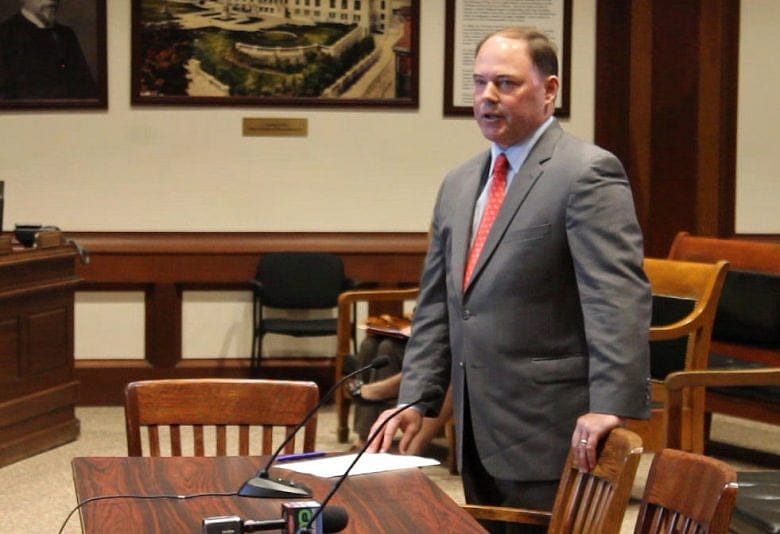Hiking school aid draws praise yet no answers on funding

BOSTON – Formula changes that would let more state money flow to local school districts won praise Friday from labor and school leaders who also acknowledged that covering the nearly $432 million cost of the revisions poses a challenge.
Teachers union representatives, school committee members and administrators urged the Joint Committee on Education to support a bill that would implement adjustments to the school finance formula that were recommended last fall by the Foundation Budget Review Commission.

